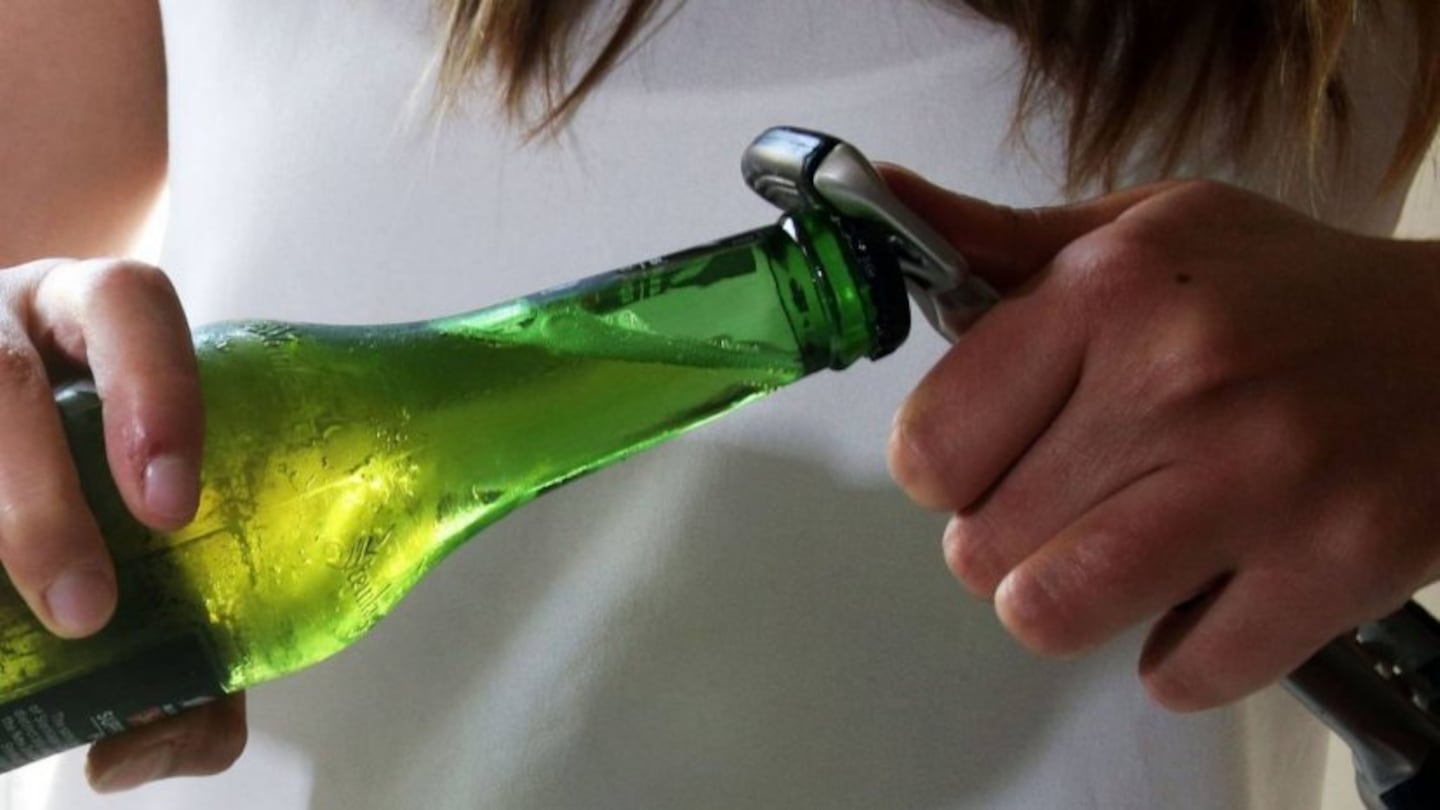Hāpai te Hauora wants comprehensive alcohol law reform, encompassing not only regulations on alcohol access, but also broader social and health strategies. Photo / File / NZME
Māori public health experts from Hāpai te Hauora are calling for immediate government action on alcohol-related harm, following a report claiming booze is the most dangerous drug in Aotearoa.
"Addressing alcohol-related harm is a 'bread and butter' issue," asserted Jason Alexander, CEO of Hāpai te Hauora, in light of the Prime Minister's comments the election will have a 'bread and butter' issues focus.
The call for alcohol law reform follows the release of research from the University of Otago, revealing that alcohol has become the most harmful drug in New Zealand.
The study used expert panels to rank psychoactive drugs including legal drugs like alcohol and tobacco, based on 17 different harm criteria.
Using a weighting process the research found that alcohol is the most harmful drug for the total population, followed by methamphetamine, synthetic cannabinoids, and tobacco, challenging assumptions that other illegal drugs cause more harm.
The authors highlighted a mismatch between harmfulness and legal status, indicating the need to reconsider drug policies to reduce overall harm and provide support to affected whānau.
Alcohol's effects on whānau
"Alcohol misuse has direct implications for social stability, economic productivity, public safety and the overall health of our communities," Alexander says.
"These issues are woven into the very fabric of our society, with one core problem at their heart - the impact of alcohol on whānau."
Data published by Waka Kotahi shows a doubling of deaths related to drink-driving since 2013, reaching a 10-year peak last year.
"We cannot turn a blind eye to these devastating statistics," regional Māori public health lead Tara Dymus says. "They emphasise the urgent need for significant policy changes to mitigate the impact of alcohol on our communities.
"The rising number of drink-driving deaths and the confirmation of alcohol as our most harmful drug should serve as a stark wake-up call."
Parliament is debating the Sale and Supply of Alcohol (Community Participation) Bill, which seeks to grant local communities more say in determining the opening of new alcohol retailers.
Comprehensive reform sought
The bill removes the right of alcohol interests to appeal council decisions, which has hindered the full implementation of Auckland council's alcohol harm reduction strategy for nearly a decade, due to legal battles that have reached the Supreme Court.
Hāpai te Hauora highlights the importance of comprehensive alcohol law reform, which must encompass not only regulations on alcohol access but also broader social and health strategies.
These strategies include preventive measures, education, and mental health support.
"We are urging the government to play an active role in creating a safer and healthier Aotearoa, and we call upon everyone in the Beehive to prioritise addressing this issue," Alexander says.
"Comprehensive alcohol reform is not a peripheral matter; it is a question of public health, social stability, and equity. It is about prioritising the health and well-being of our people, which is our most critical 'bread and butter' issue - and it requires urgent attention for the betterment of our nation."
It remains unclear whether the Sale and Supply of Alcohol (Community Participation) Bill reforms will pass before the election.


